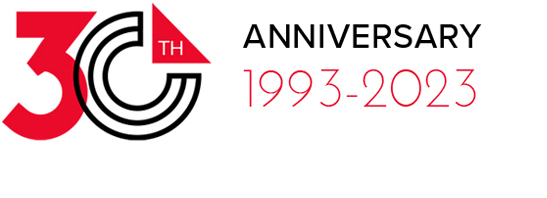Avoiding Arrogance
“Avoiding Arrogance” is an insightful blog posting by Tom Cox that appeared in Oregon Business last week. It reminds us of things NOT to do or to assume as we interact with colleagues and customers on projects. Below is the blog entry. You can either read it here or follow the link.
Avoiding Arrogance – Oregon Business
Enjoy and please share your comments and thoughts.
If I had a nickel for every time a client said “I don’t understand why people can’t just . . .” I would be rich.
Last week a coaching client related her struggles with her co-workers. She manages projects and has higher standards than almost anyone else in the firm.
When others manage projects, the work gets done late and sloppy. There’s a terrible last-minute rush to finish it before the deadline, and there are inevitably change orders — to fix the sloppy errors created during the rush — that destroy the profitability of the project.
When my client manages a project, there are lots of early deadlines, work gets done on time, and she demands high quality at every step. Those projects finish easily, on time, with great results — and they make the firm money.
So what’s the problem?
The problem is, every time my client manages a project, her co-workers push back against all her good practices. They dislike the early deadlines. They resent the demand for quality. They are “too busy” with the other, behind-schedule projects to work on her project in a timely way.
Meanwhile, they also complain about how unhappy they are with the rush, the pressure, the late nights at the last minute, and the sloppiness.
As my client put it, “I don’t understand why people can’t just see how they are creating bad outcomes with their bad habits. And it makes no sense for them to resist my practices when they are obviously going to result in a happier outcome.”
Folks, any time you start a sentence with “I don’t understand,” you’re confessing your own ignorance, and your focus needs to come OFF the other people and ONTO your understanding.
Your co-workers are not starting this journey at the destination. They are starting at some other point. Your role may be to guide them to the destination. Standing around expressing your bafflement that they aren’t already there, is a waste of your time, and it’s a distraction for you.
Of course they aren’t already doing it the new way. That’s what makes the new way “new” — we aren’t doing it yet.
Reverse your thinking and start with the facts — your co-workers have crummy project habits. That’s because that’s all they really know how to do. If they found it easy to do it your way, they would. If they saw the “obvious” connection between better habits and better outcomes, they wouldn’t resist you.
The key facts are:
1. They are not yet doing the new behaviors
2. They resist the new behaviors
From these facts we can infer that the new behaviors are somewhat difficult and scary for them.
And in fact you are being arrogant — because these behaviors are easy for you, because the connection from good behaviors to good outcomes is obvious to you, you somehow expect everybody else to know what you know and be good at what you’re good at.
You’re expecting them to start at the destination. It’s absurd.
Here’s a better way.
First, acknowledge that both they and you don’t know certain things. They don’t know good practices, and you don’t know why. Or they find good practices hard, and you find understanding them hard.
Next, remember that everybody (who isn’t a sociopath) is doing their best. They are. You are.
Now, acknowledge that they are doing their best, and that if they aren’t behaving in an effective way, it’s going to be because of one (or more) of three reasons:
1. They don’t know what to do (exactly)
2. They don’t know how to do it (easily)
3. They don’t know why it’s important
When they push back, it’s often because of discomfort at one of these three points. And you’ve done it too — you’ve balked at doing things where the expectations on you were unclear (organized your office yet?), or where the behavior was difficult (how’s that diet coming?), or where it seemed unimportant (just floss the teeth you want to keep).
Once you let go of your own sense of superiority — your arrogance — and return to the level of being human, you become more effective. Once you let them out of jail — when you see them as good people doing their best — and return them to the level of being human, you can better connect with them.
All that’s left is to determine which thing is stopping them, and coach them through it.
Keep standing for excellence. Don’t give up because it’s hard to encourage people. It’s also noble. And we value the victories we have to fight for.
Read more: http://www.oregonbusiness.com/contributed-blogs/4863-avoiding-arrogance#ixzz1F6OFs0xV
Thanks to Tom Cox for a very insightful article!
Be well!
–Kevin Carty
http://twitter.com/kevin_carty
http://www.linkedin.com/pub/kevin-carty/3/800/32a





